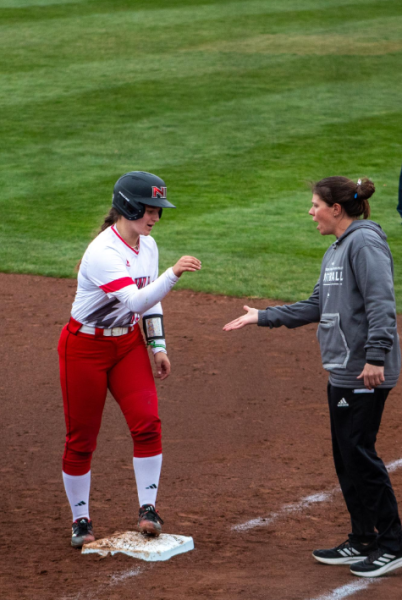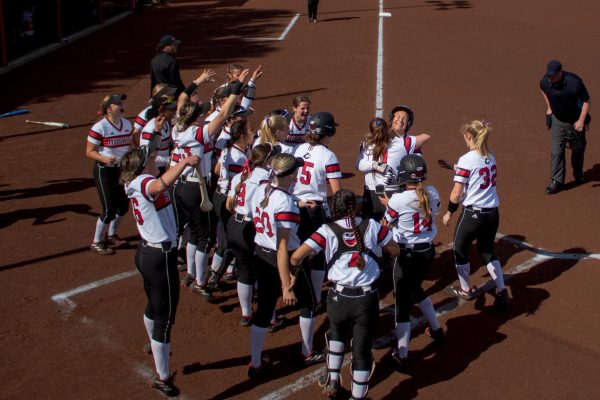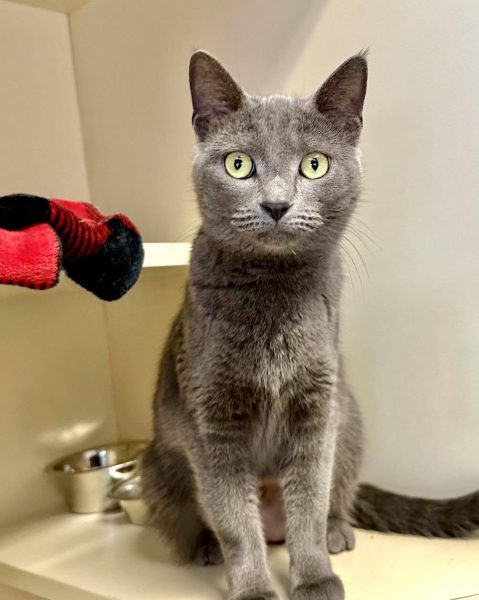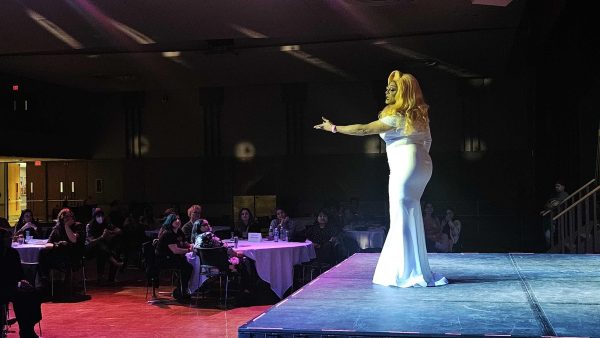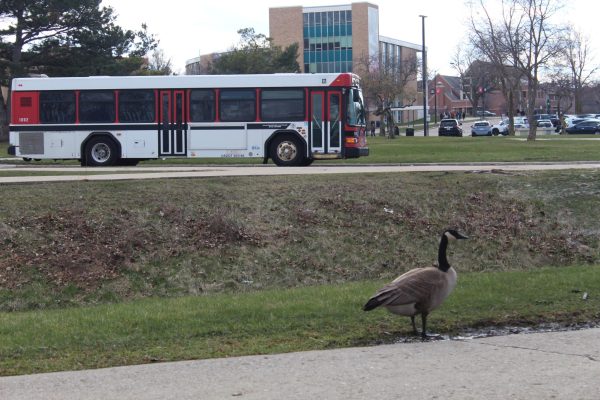President Peters presents final annual report at Board of Trustees’ meeting
March 24, 2013
New fees, new minors and a new position were announced at Thursday’s Board of Trustees meeting.
The board met for executive sessions and for the presentation of the annual president’s report, which was John Peters’ final one.
With Peters finishing his final hundred days, the board announced the presidential search had been narrowed to four candidates and the new president would be chosen by month’s end.
The board approved increases to student fees, the largest of which was for student healthcare, which will increase by more than 12 percent. The bus fee was increased by six percent, and athletic fees were raised by 4.5 percent. According to the agenda, a student purchasing health insurance will see a 6.8 percent average increase; those who opt out a 4.1 percent average increase. Room and board rates were increased by an average of 3.08 percent which amounts to about $150 depending on what hall it is and what type of room.
The board approved funding for many projects, including upgrades to Huskie Stadium and phase two of the replacement of electrical infrastructure across campus.
Bill Nicklas, former acting director of public safety, was appointed vice president of public safety and community at the meeting. In Nicklas’ new role, he will be responsible for the department of police and public safety and crisis response, and will act as a liaison to local governments.
Two new minors were approved by the Board. The board will now seek the approval of the Illinois Board of Higher Education. If approved, the changes would be implemented fall 2014.
The College of Liberal Arts and Sciences’s new minor would be in community leadership and civic engagement and would provide students a basic understanding of non-profit organizations and how they operate. Peters said there are about 9,000 non-profits in the Chicagoland area.
A social entrepreneurship minor would be offered from the College of Business. It would help students develop skills in identifying and analyzing major social issues. Students will learn the skills to create sustainable and scalable enterprises, according to the Board of Trustees agenda.
The political science department will now have a new emphasis, justice and democracy: the American experiment. Department Chair Matthew Streb said the new emphasis will tie courses together, showing students how they relate to one another.
“One example [of] how this works is with a thematic learning environment that we are unveiling this fall,” Streb said. “Students will take a course on democratic theory and then the same students will also take a course on American electoral democracy. The information in the electoral democracy course will build on what the students learn about in the democratic theory class.”
Student Trustee Elliot Echols requested and was approved the naming rights for the SA offices. The university has no official policy on the naming of buildings, rooms or monuments, and there has been no discussion of such a policy in recent board or sub-committee meetings, Echols said.
“We’re [the Student Association] looking to rename our conference room and some offices,” Echols said. “And since there’s no overall policy, we wanted to get something on the ground that allows us to just rename a conference room or an office, or switch something around without having to wait months and months. It’s also in hopes that we can create an overall policy for the institution.”
In his report, Peters said NIU has seen a record number of applicants with more than 18,000 thus far.
Paul Sauser, owner of Star Apartments, made use of the board’s public comment portion to caution the board about requiring students to live in the residence halls for two years. Sauser pointed to declining occupancy rates and said low rates create a lack of funds for maintenance costs which causes properties to become eyesores.
Sauser invited board members to drive by rundown areas and see the problem for themselves. Sauser said the university and property owners are invested in the problem and both benefit mutually when occupancy rates are high, something he believes the residency requirement would prevent. If approved, the two-year residency requirement would not be implemented until fall 2015.
The next Board of Trustees meeting is at 9 a.m. Tuesday at the NIU campus in Naperville. According to the agenda, the only purpose of the meeting is to go into closed session.





